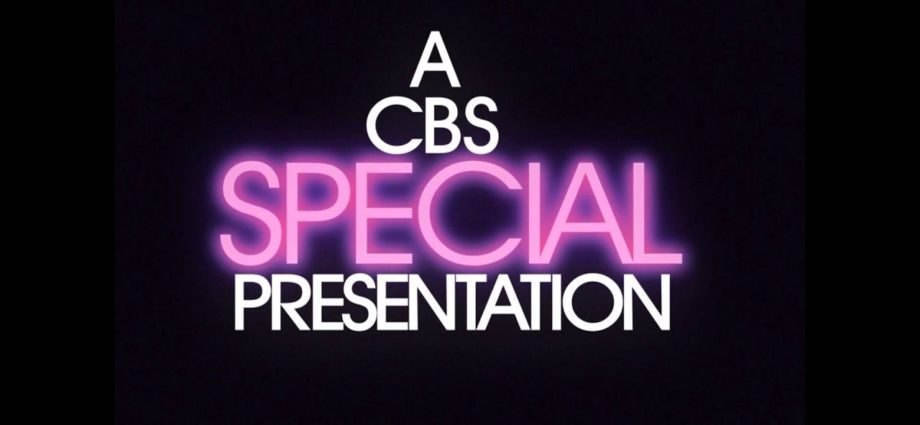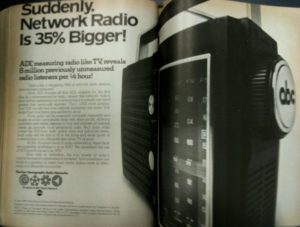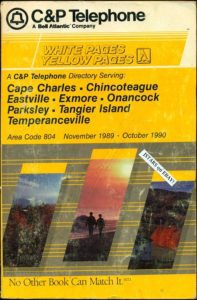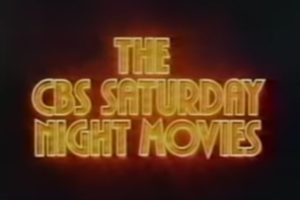NEW YORK – Does anyone else think it odd that 60 Minutes, the flagship, iconic banner of CBS News, would be seen on CNBC, even in reruns?
Here is the description on the CNBC site:
ABOUT THE SHOW: “60 Minutes on CNBC” takes you a step further into hard hitting investigative reports, interviews, profiles, and features stories that have made “60 Minutes” required viewing for millions. CNBC brings you the latest on these classic stories with updates and never before seen footage of these award winning business news stories. The program is produced for CNBC by CBS News Productions.
Certainly, the distinction between the brands is being made clear in the description, but when you see it on TV, it makes no sense, except to the people who have thought it up. NBC is a great brand. So is CBS. But they are different. It is as if Apple started selling used iPhones to Microsoft or Dell, and letting them put a Dell or Microsoft sticker on the phones in the process.
60 Minutes is a special case, and it needs to be protected. Through producer Don Hewitt, the show has a direct line back to the Murrow era that everyone loves to mythologize. It is and has been a cash cow for CBS; I think that it is fair to say that it has made millions (or even a billion) in revenue for CBS. For decades it not only fueled CBS News, but it powered the entire CBS lineup, keeping Sunday and Monday nights, the giant nights of TV viewing, for the Eye.
It may mean some extra revenue for CBS, as well as extra exposure for CBS correspondents. And perhaps it means some programming for CNBC to fill. But it is not good for the CBS News franchise to connect it to another brand that competes with it so strongly. People at CBS might feel that 60 Minutes is the “brand” but 60 Minutes and CBS are intimately connected, and are part of one another.
Certainly CBS is feeling inadequate as a news operation. The “star power” trick of hiring Katie Couric to anchor CBS Evening News didn’t work; it went against the longstanding brand tradition of CBS, which values the news correspondent over the news host or news hostess. Firing large numbers of correspondents, and paying an anchor millions, is a recipe that was destined to fail.
Meanwhile, NBC comes out even worse in the deal. NBC’s news magazines are pretty much concerned with solving murder mysteries and catching perverts, and those reruns tend to be a real bore after awhile. It’s the same meta-narrative over and over again. CNBC, by rerunning CBS news magazines, shows up how little programming there is from NBC that it can use for news. This is at the same time CNBC is getting real competition with brand-consistent Fox Business.
Certainly, brands in media get confused, particularly when film and broadcast companies have merged. For instance, the Paramount shows of NBC and ABC are now marketed by CBS Consumer Products, which acquired them through merger. And even in the olden days of network TV, some programs would switch networks when they were dumped. For instance, the longtime CBS soap Search for Tomorrow was acquired by NBC, where it ran for four years. And network stars switch camps all the time; David Letterman, so much associated with the NBC brand, made the switch to CBS.
That being said, they were only associated with one brand. Even in TV news, this distinction is made quite clear. For instance, in the rare situations where TV news correspondents appear on other news operations, they are handled differently, and shown a bit of deference.
CNBC would do well to fill its schedule with wacky and innovative concepts from NBC staff. I think they do have a few staffers left who might come up with some interesting shows, even with a low budget. Why not some wacky stuff like Fox’s Red Eye? Why not dig into NBC News archives? Why not try some pilot programs out on CNBC that might later evolve into NBC or other programs on Comcast cable channels? Why not explore some co-op programming with Comcast regional affiliates.
What does it say about CNBC when it must sell airtime around other news organizations’ programming? How about some imagination?
It seems all so very short term.










“Search For Tomorrow” and other daytime shows sponsored by Procter & Gamble were owned by that sponsor, who could move them from one network to another if they so desired. P & G have since largely gone out of the TV production business.
Katie is right on this one..CBS has enough content to do it..I could think of many inexpensive scenarios where it would be a very interesting channel.
Totally agree: I don’t like it. Not sure why CBS News and ABC News for that matter haven’t stepped up to the plate with an all news cable channel yet – it just doesn’t make sense to me. Katie Couric had said several times that CBS News should have its own cable operation.
ABC did
* Satellite News Channel with W Group (1982-1983) sold to CNN
* ABC News Now (2003- 2013) started as a streaming service moved to cable, (over the air) digital subchannels and international; rolled over into Fusion
* Fusion (2013-2016) joint venture with Univision, sold to Univision
* ABC News Live (2020- present) streaming
* Localish (2018- ) local station group effort first online only then took over the Live Well network digital channels in 2020
CBS
* CBS Eye On People cable channel ( March 1997 – 1999 ) news & human interest stores (Bios), brought in Discovery as partner mid-1998 thus dropping CBS from the name then sold its half to Discovery, closed as Discovery People in 2000
* CBSN (2014- present) streaming
** CBSN Local (2020 – present) local version of CBSN